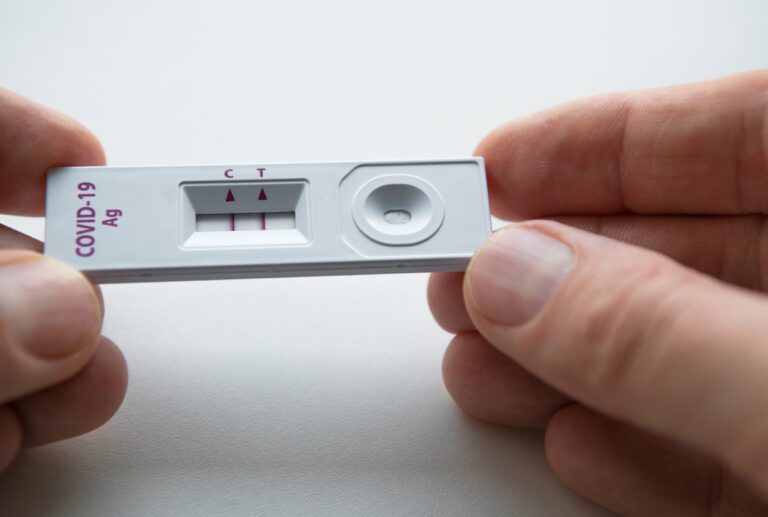The study published in the scientific Journal of Proceedings of the National Academy of Sciences found that friends share a significant amount of DNA, more so than those with strangers.
Geneticists discovered that unrelated friends have one per cent of genes that match, which equates to approximately the same as the level between fourth cousins (those who share great-great-great grandparents).
Co-author of the study and Professor of Sociology, evolutionary biology and medicine at Yale University Nicholas Christakis said “One percent may not sound like much to the layperson, but to geneticists it is a significant number”.
The study showed that people were most similar to their friends in olfactory genes, which involve the same sense of smell, and were least similar in relation to the immune system genes. Researcher james Fowler and Professor of medical genetics and political science at he University of California explains “People who like the same smells tend to be drawn to similar environments, where they meet others with the same tendencies.
The academics believe that the inclination to choose friends with similar DNA is rooted in human evolution. Known as ‘functional kinship’, back in the day, humans may have formed groups if they were genetically suited to certain environments or had similar likes and dislikes.
Scientists also suspect that the genes which are shared among friends also seem to be evolving faster and could be the explanation as to why human evolution has sped up over the last 30,000 years.
While the research continues, Nicholas Christakis is now interested in discovering why people have friends in the first place “ The making of friends is exceedingly rare in the animal Kingdom. Certain other primates, elephants, and whales are the only other mammals who do this, and this alone aroused our curiousity”.







